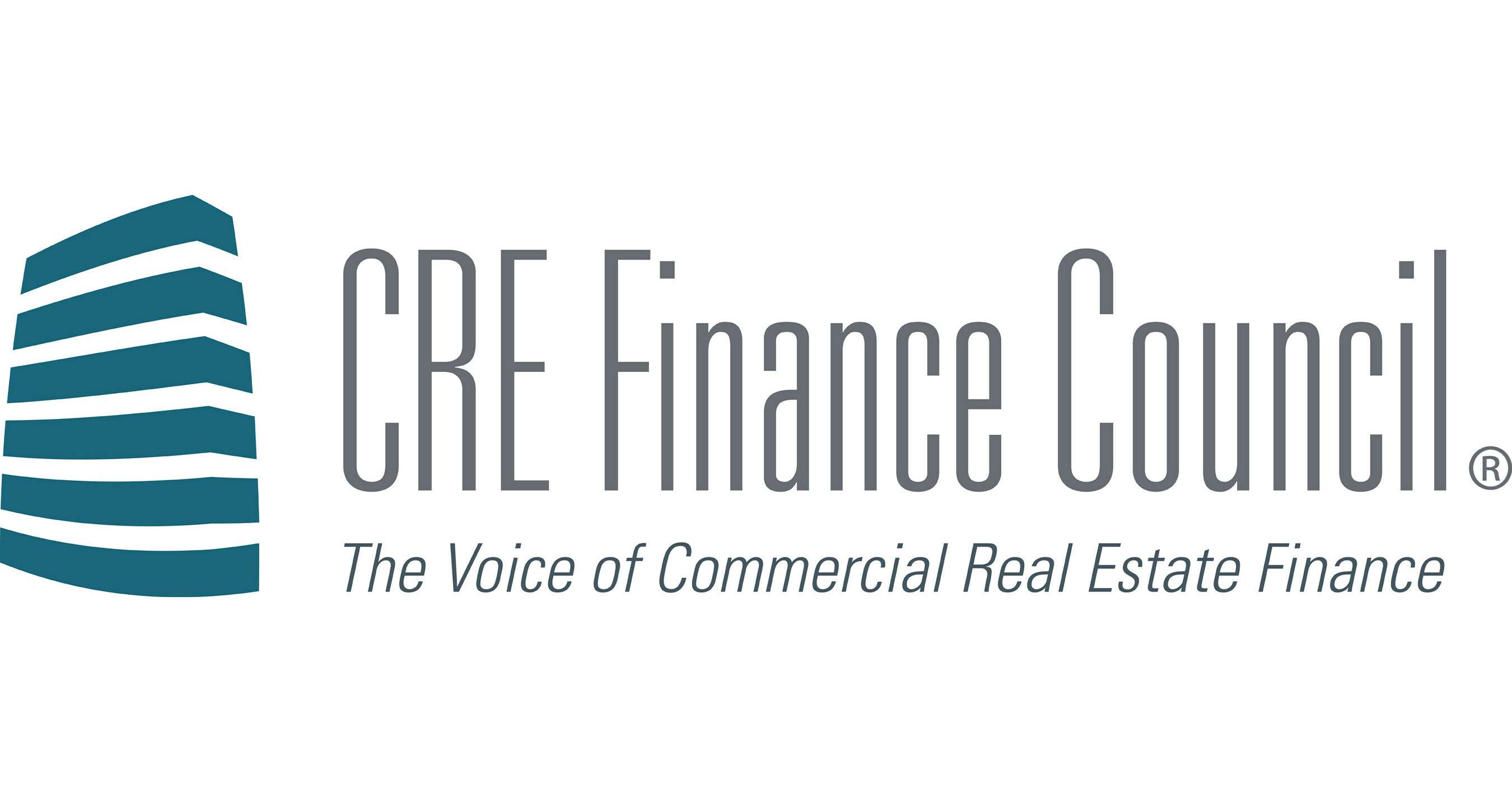I
n recent years, education has undergone a significant shift towards online learning, with various industries embracing this new mode. The real estate sector is no exception, where the effects of this transformation have been particularly pronounced.
One key advantage of online real estate courses is their cost-effectiveness. Compared to traditional classroom-based programs, online degrees are more affordable due to lower overhead costs for institutions, which they can then pass on to students. Additionally, online courses provide greater accessibility to education, especially for those in remote areas or with limited mobility. This has opened up opportunities for individuals from diverse backgrounds to pursue a career in real estate.
Online real estate schools often offer flexible payment plans and grants, making quality education more accessible to students. Furthermore, these courses allow learners to study at their own pace, revisiting material as needed, which is particularly beneficial for those with busy schedules or family commitments.
Digital tools such as interactive quizzes, video seminars, and virtual simulations have made online learning more engaging and effective. Some courses incorporate augmented reality (AR) or virtual reality (VR) to create realistic scenarios, preparing students for real-world challenges. Online forums and live chat enable collaborative learning and networking opportunities with fellow students and instructors.
The use of technology in real estate operations has increased significantly, and training in these tools is often incorporated into online lessons. This ensures that students are well-prepared to respond to the changing needs of the industry. Moreover, many courses provide up-to-date content on current market trends and regulatory changes, giving students a competitive edge.
While online real estate courses offer numerous advantages, there are also challenges. Students must be self-disciplined and able to manage their time effectively. However, modern technologies are bridging the gaps between remote learning and hands-on experience through live webinars, mentorship, and hybrid models that combine online and in-person learning.
The rise of online real estate courses reflects a broader trend towards personalized, technology-enabled education. Traditional institutions are being forced to innovate and incorporate digital learning tools to enhance their students' experiences. The success of online real estate education could pave the way for expanded adoption of flexible, career-oriented learning across other industries.
The emerging trends in technology are transforming education and online real estate, offering flexibility, cost-effectiveness, and a trend-aligned approach that makes it an attractive option for aspiring and professional real estate practitioners. While challenges remain, the digital learning platform suggests that online real estate education is more than just a vision – it's the future of productive learning.













